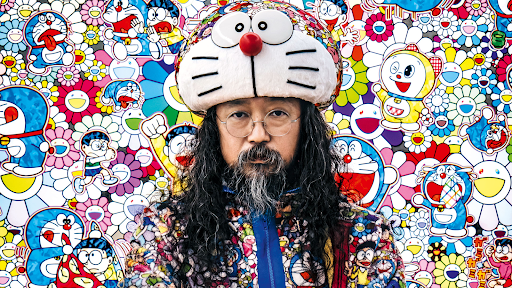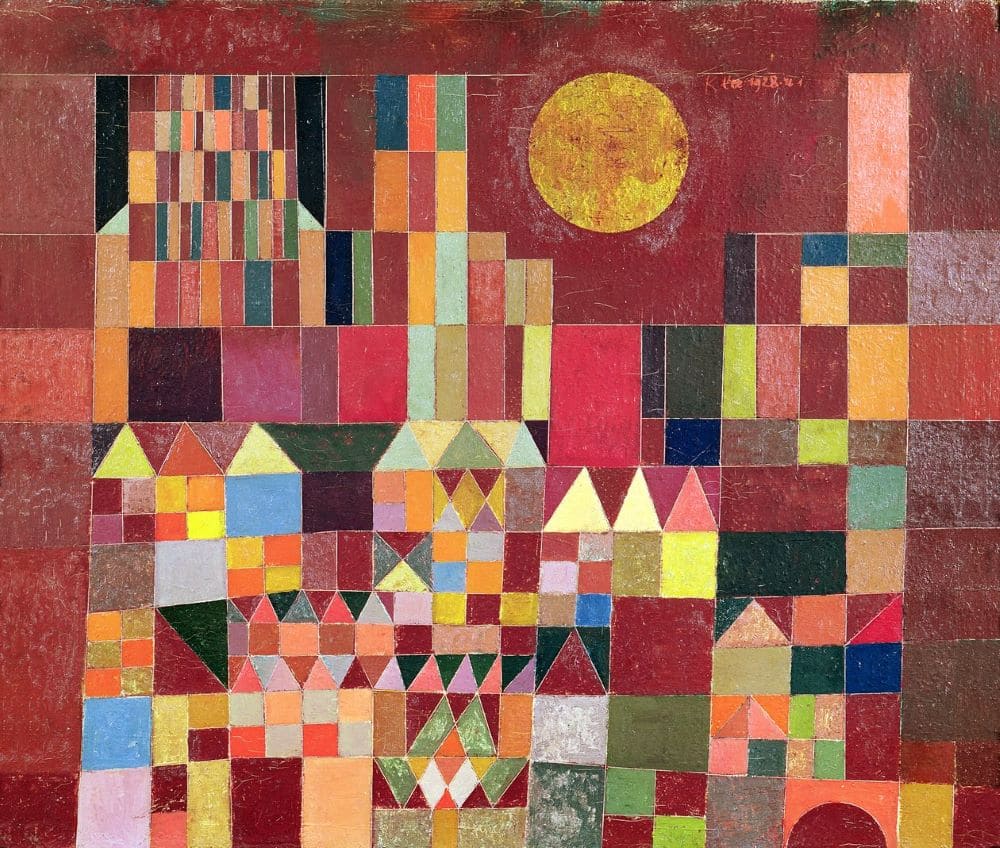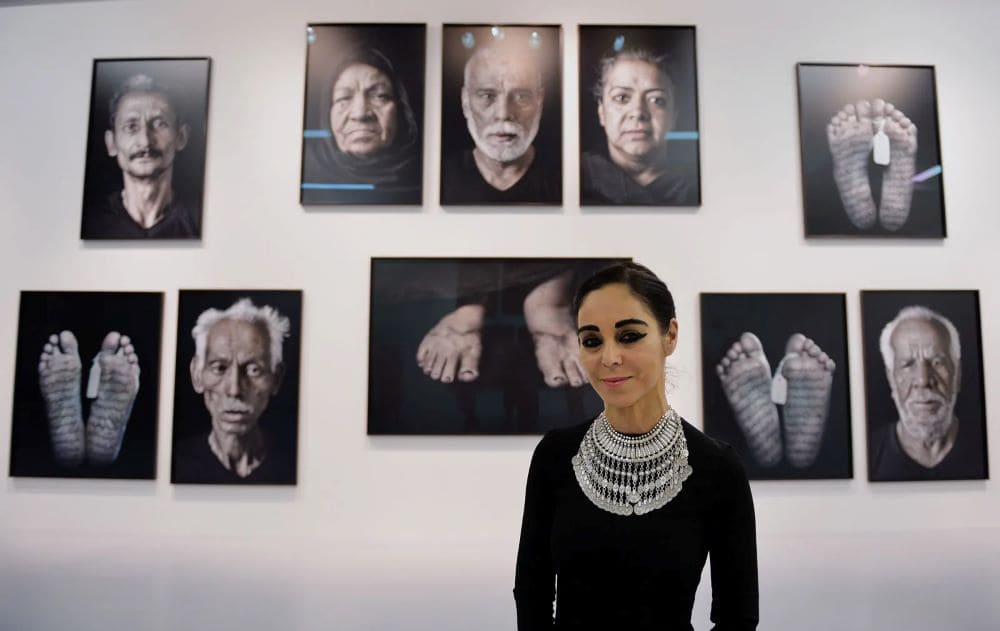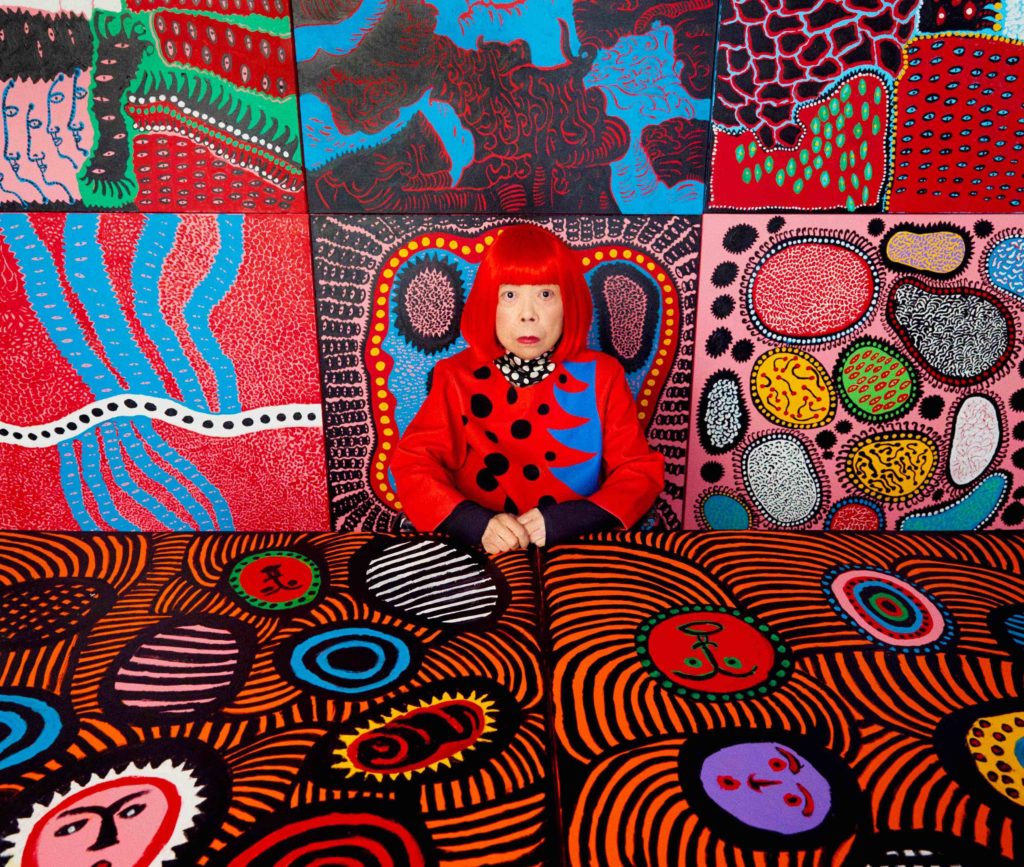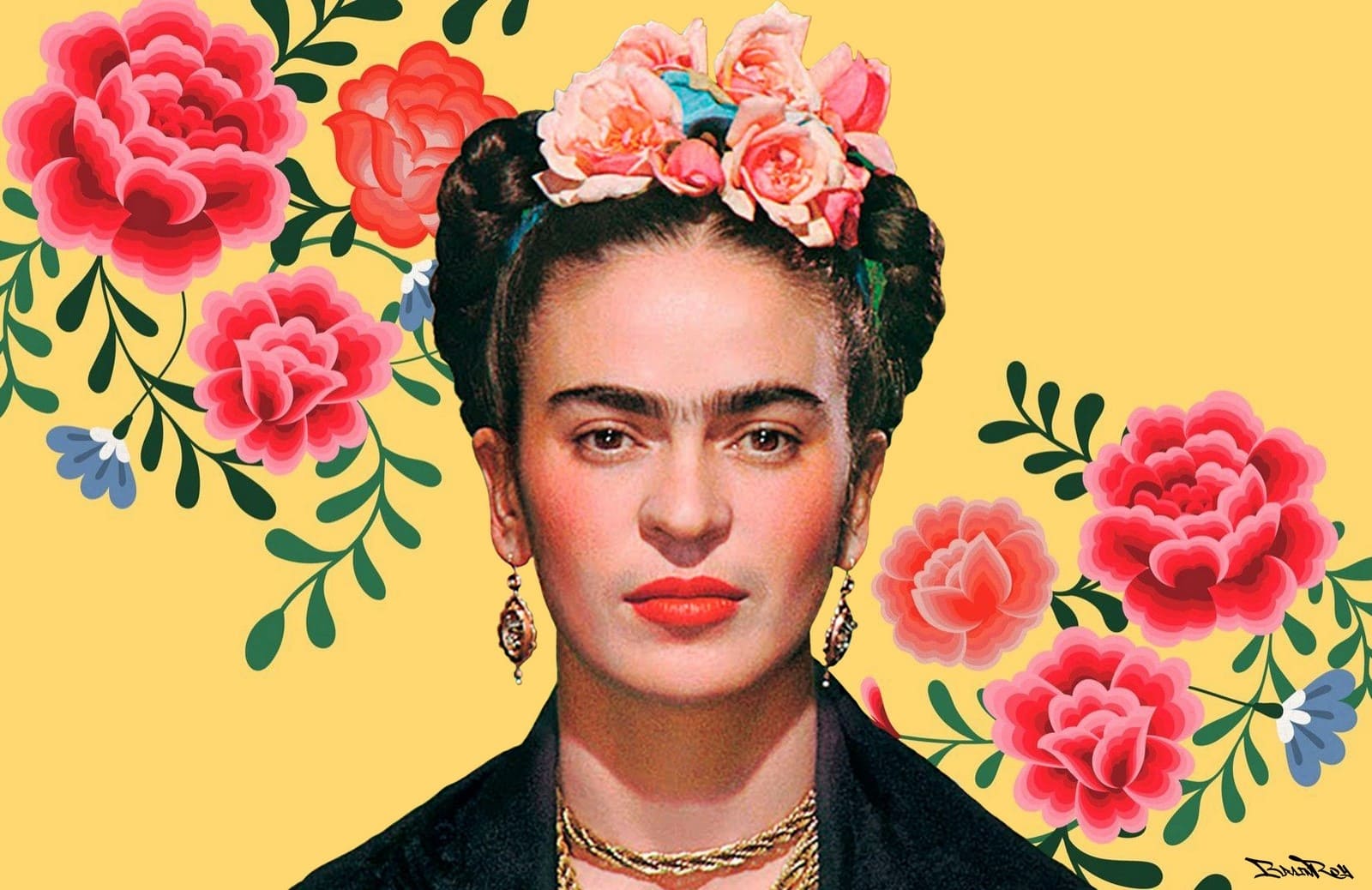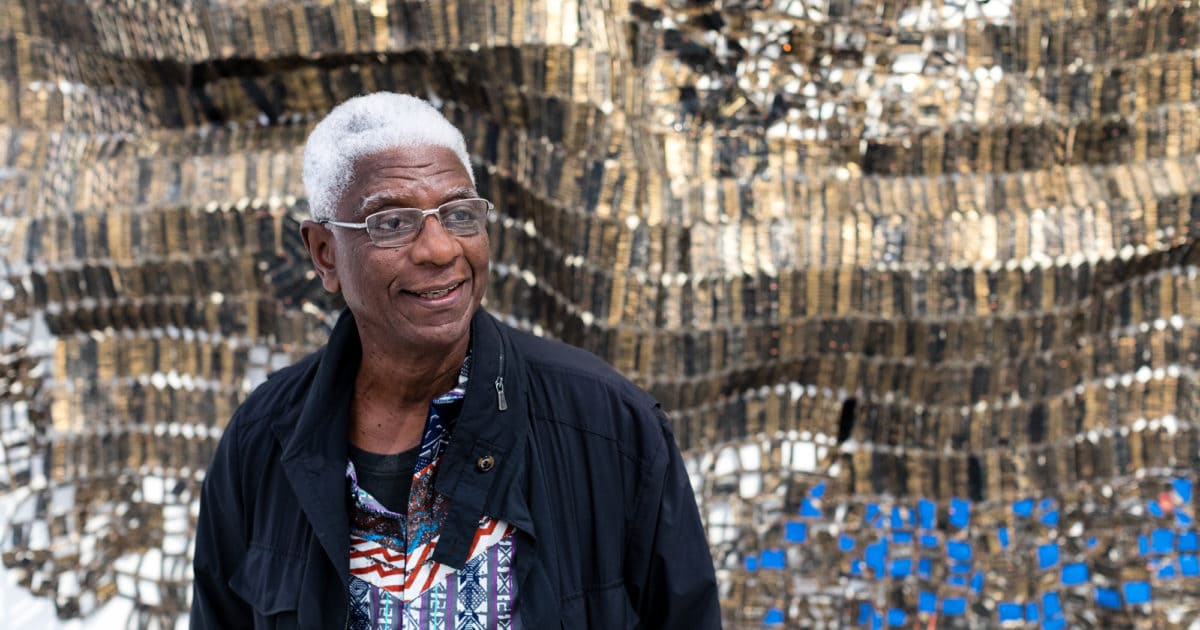
African artists have made significant contributions to the global art world, with many gaining recognition for their unique perspectives, innovative techniques, and engagement with social, political, and cultural themes. Here’s a list of some of the most influential African artists, both historical and contemporary, who have made a lasting impact on the art scene.
1. El Anatsui (Ghana/Nigeria)
- Style: Sculpture, installation art
- Notable for: Monumental tapestries made from discarded materials, especially bottle caps and aluminum
- Themes: Colonialism, waste, recycling, African history
- Impact: El Anatsui is one of the most internationally recognized contemporary African artists. His intricate, shimmering installations explore themes of history, consumption, and transformation, reflecting on global waste and post-colonialism.
2. Yinka Shonibare (Nigeria/UK)
- Style: Sculpture, installation, photography, film
- Notable for: Use of Dutch wax fabric (associated with African identity) in highly theatrical, historical scenes
- Themes: Colonialism, race, class, identity, globalization
- Impact: Shonibare’s work critically engages with issues of identity and post-colonialism, blending European historical references with African materials. His iconic piece “Nelson’s Ship in a Bottle” (displayed in London’s Trafalgar Square) is a potent symbol of the complex relationship between Africa and Europe.
3. William Kentridge (South Africa)
- Style: Drawing, animation, film, theater
- Notable for: Hand-drawn animations, often dealing with South Africa’s apartheid history
- Themes: Memory, history, colonialism, human rights
- Impact: Kentridge is one of Africa’s most internationally renowned artists, known for his powerful works that blend animation, theater, and drawing to address issues of apartheid, memory, and the complexities of history.
4. Ben Enwonwu (Nigeria)
- Style: Modernist painting, sculpture
- Notable for: His iconic bronze sculpture of Queen Elizabeth II and his contributions to Nigerian modern art
- Themes: Post-colonial identity, African heritage, modernity
- Impact: Enwonwu is considered one of the fathers of modern African art. His work bridges traditional African art forms with European modernism, influencing generations of African artists and establishing a new visual language for African identity in a post-colonial world.
5. Wangechi Mutu (Kenya/USA)
- Style: Collage, sculpture, video
- Notable for: Surreal, often grotesque collages and sculptures of hybrid female forms
- Themes: Gender, race, post-colonialism, ecology
- Impact: Mutu’s work interrogates gender, race, and identity through the lens of science fiction and surrealism. Her striking collages and sculptures often address the representation of Black women’s bodies in global culture and art.
6. Ibrahim El-Salahi (Sudan)
- Style: Modernist painting, drawing
- Notable for: Combining African, Islamic, and Western artistic traditions in abstract works
- Themes: Spirituality, African heritage, modernism
- Impact: El-Salahi is a pioneer of modern African art, merging Sudanese and Islamic artistic traditions with Western abstraction. His work has had a profound influence on African modernist art and has been exhibited globally, including at the Tate Modern.
7. Zanele Muholi (South Africa)
- Style: Photography
- Notable for: Powerful portraits of Black LGBTQIA+ individuals, especially from South Africa
- Themes: Identity, sexuality, race, queerness
- Impact: Muholi’s work is both a celebration and a documentation of Black queer identity in South Africa. Their striking self-portraits and community portraits challenge the erasure of LGBTQIA+ people and explore issues of visibility and representation.
8. Esther Mahlangu (South Africa)
- Style: Painting, mural art
- Notable for: Traditional Ndebele geometric patterns and vivid color palette
- Themes: Cultural heritage, indigenous art
- Impact: Mahlangu is renowned for her mastery of traditional Ndebele painting, bringing it to a global audience. Her works blend indigenous African art forms with contemporary art practices, and she has collaborated with brands like BMW and Rolls Royce, giving her cultural heritage an international platform.
9. Chéri Samba (Democratic Republic of the Congo)
- Style: Painting, popular art
- Notable for: Narrative paintings that blend text, humor, and social commentary
- Themes: Politics, everyday life, African identity
- Impact: Samba’s vibrant, narrative-driven paintings often incorporate text to address social, political, and cultural issues in contemporary African life. His work is rooted in popular art traditions and is both accessible and deeply critical of social issues.
10. Kudzanai Chiurai (Zimbabwe)
- Style: Photography, painting, video
- Notable for: Politically charged work that explores post-colonial African identity and power
- Themes: Colonialism, power, African politics, masculinity
- Impact: Chiurai’s multimedia works critique the legacies of colonialism, conflict, and power in Africa. His often cinematic pieces blend historical references with contemporary issues, offering a sharp critique of political authority and post-colonial African identity.
Emerging and Contemporary African Artists
1. Amoako Boafo (Ghana)
- Style: Figurative painting
- Notable for: Bold, expressive portraits of Black subjects
- Themes: Identity, race, Blackness, representation
- Impact: Boafo has rapidly gained international attention for his vibrant portraits of Black subjects, celebrating African identity and culture through bold, textured brushwork.
2. Nástio Mosquito (Angola)
- Style: Performance, video, multimedia art
- Notable for: Politically charged performances and video works
- Themes: African politics, power, identity
- Impact: Mosquito’s confrontational and provocative works blend satire, performance, and video, offering a critical perspective on contemporary African and global politics.
3. Lynette Yiadom-Boakye (Ghana/UK)
- Style: Figurative painting
- Notable for: Fictional portraits of Black subjects in classical, timeless settings
- Themes: Race, identity, Blackness
- Impact: Yiadom-Boakye’s works challenge the historical underrepresentation of Black figures in Western art history, presenting elegant, dignified portraits of imagined Black subjects.
4. Pascale Marthine Tayou (Cameroon)
- Style: Sculpture, installation, mixed media
- Notable for: Large-scale installations that address globalization and cultural identity
- Themes: Migration, globalization, African diaspora
- Impact: Tayou’s work incorporates everyday objects and explores themes of migration, African identity, and the effects of globalization. His playful yet political installations have garnered significant attention in the contemporary art world.
5. Serge Attukwei Clottey (Ghana)
- Style: Installation, sculpture, performance
- Notable for: Use of yellow jerrycans (“Kufuor gallons”) in installations that explore material culture
- Themes: Environmentalism, identity, African heritage
- Impact: Clottey’s works, made from repurposed plastic jerrycans, comment on environmental issues, migration, and the commodification of natural resources in Ghana and across Africa.
Honorable Mentions
- Meschac Gaba (Benin) – Known for his conceptual “Museum of Contemporary African Art” installation.
- Nicholas Hlobo (South Africa) – Engages with issues of gender, identity, and sexuality through sculpture and installation.
- Romuald Hazoumè (Benin) – Uses found materials to create powerful sculptures that address environmental and political issues.
These artists have not only contributed to African art but have also significantly influenced the global art scene. Their work spans diverse media and themes, from post-colonial identity and cultural heritage to modern-day political issues, positioning them as some of the most influential voices in contemporary art.


